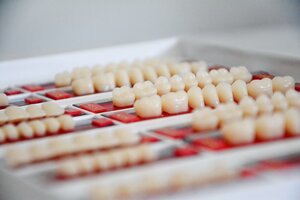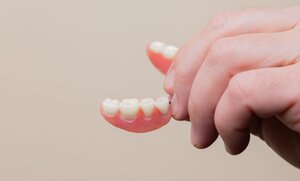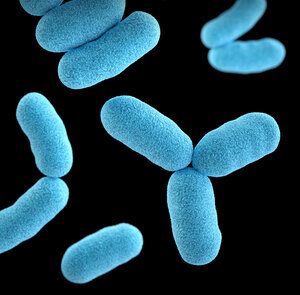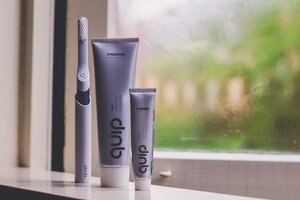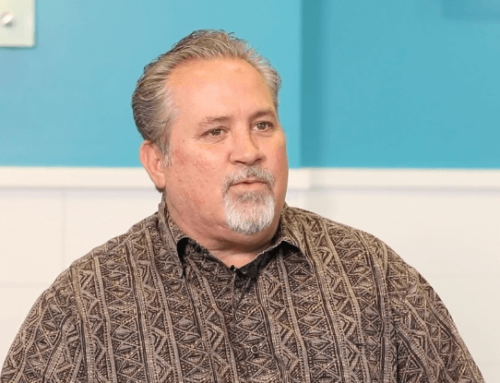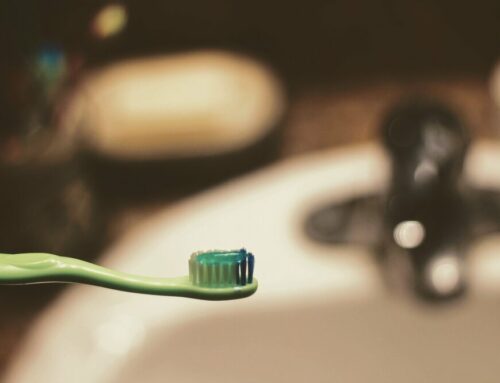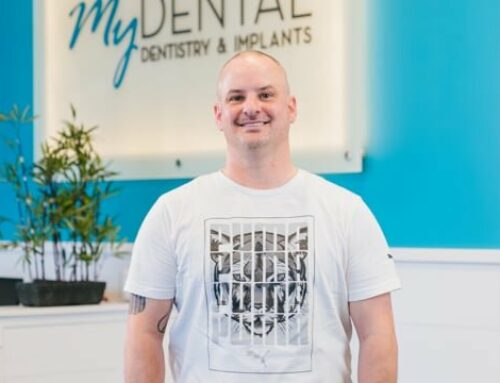It’s true, some individuals are more likely to get cavities than others, and it’s all based on genetics. We all get cavities the same way; our teeth’s enamel wears down due to a demineralization process. After the minerals are gone, the teeth begin to decay. Although, there are a few factors like saliva viscosity, the genetic shapes of teeth, and the types of bacteria in our mouths that put some of us at a greater risk in developing cavities. We’ll dive into the disadvantages some individuals have when it comes to cavity formation and what we can do about it.

Demineralization
Tooth decay begins when tooth enamel is weakened, or demineralized. It only takes a pH of 5.5 for the demineralization process to begin. Low pH in the mouth can be caused by thick, slow moving saliva or food and drink left on and in-between teeth for long periods of time.
Saliva Viscosity
Hydrated individuals that produce a lot of saliva are less likely to get cavities as their saliva keeps bacteria flowing through the mouth and exiting upon swallowing. When saliva is thick, the bacteria in your mouth stays stagnant and has a much easier time growing and demineralizing your enamel.
Shapes of Teeth
Those who have very “groovy” teeth, or teeth with large ridges and pits, are more likely to develop cavities than those who have flatter and less ridged teeth. The shape of your teeth is all genetic, so this is a situation where some might be more at-risk just because of their genes. Plaque can get stuck between these grooves and can be difficult to brush out, even if you brush daily. While astute oral hygiene will help prevent cavities in these cases, having groovy teeth will leave you more at-risk for cavities.
Types of Bacteria and Plaque
Interestingly enough, there are different types of bacteria that can cause cavities, and not all of them are as strong as others. A lot of how quickly you can develop cavities is left up to what type of bacteria biofilm is left on your teeth. But, instead of taking chances with what type of biofilm is left as residue on your teeth, it’s best you brush it off daily and floss.
Remineralization
While we face enamel demineralization daily, we can also introduce fluoride and healthy habits that will remineralize our enamel too. By brushing our teeth every day with a fluoride toothpaste, we will reintroduce minerals that strengthen teeth, plus directly remove bacterial films that cause decay.
Schedule an Appointment
If you’re concerned about possibly having cavities, we can ease those worries. If you do have some tooth decay, we’re ready to help treat your cavities and restore your beautiful smile. Please give us a call if it has been a while since you’ve been to the dentist or if you’ve been feeling mouth pain lately.



